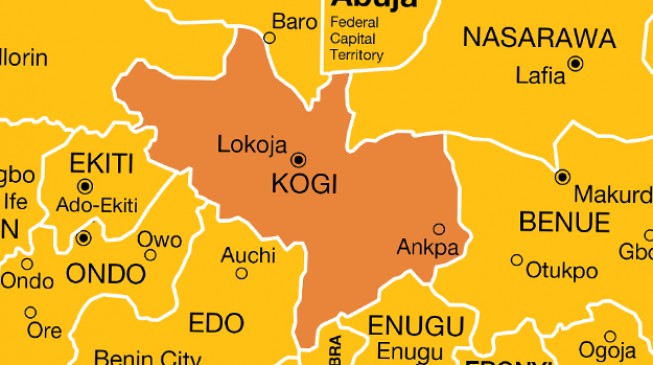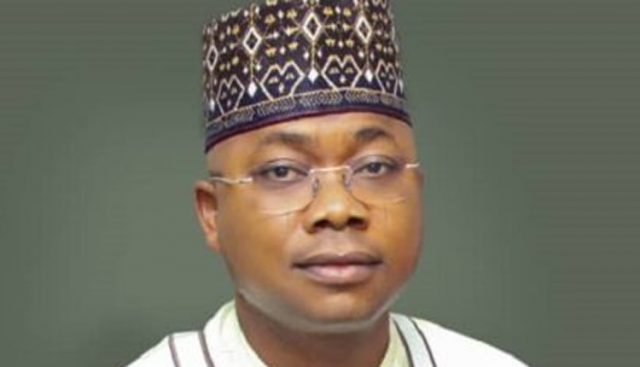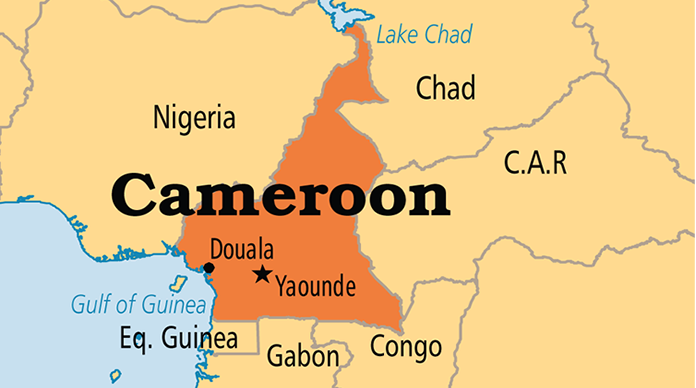Muhammadu Sanusi II, a former Emir of Kano, says the incoming administration must learn from the mistakes of the past governments by appointing competent individuals into positions where they will flourish.
Speaking at a policy conversation and book launch in Abuja on Tuesday, organised by the Carnegie Africa Program in partnership with Agora Policy, Sanusi said he was looking forward to seeing the list of ministers that would be appointed by the next president.
The theme of the event was “How Nigeria can build a post-oil economic future”.
He also called on the next administration to protect institutions of government “from the excesses of politicians”.
“For us to make progress in this country, we have to learn from the good and the bad. We have to see what we did right. We also have to look at where we went wrong in a very smart manner,” Sanusi said.
“If we don’t understand where we went off-course, we are not likely to get back on course.
“So, where are we today, we are going to have a government sworn in on May 29 and I think it’s time to start saying what do we expect of that government.
“We have lost a lot of ground that we have gained before. And here I’m referring to public servants that you call unelected power.
“Institutions that were set up to protect the system against the excesses of politicians which unfortunately have gotten co-opted into the political process.
“You have the central bank that is supposed to have price stability and exchange rate stability as its mandate and it is given independence and autonomy so that it can say no to politicians.
“You have the judiciary that is supposed to have justice and is given autonomy so that it can say no to politicians. You have the police, you have anti-corruption agencies.
“These institutions have been built. Democracy is not just about voting, it’s about the rule of law. Now what happens if the police, the judiciary, the central bank, and the civil service, if they now see themselves as part of a political process, as an arm of the ruling party? Everything is wrong.
“So, we need to go back to that situation where politicians respect the independence and integrity and autonomy of these institutions and when these institutions are held accountable by the laws setting them up to do what they want to do.
“So, I hope that the next president will make a very clear statement that he is going to respect these constitutional arrangements, allow these institutions to do the work that they are supposed to do and understand that these are not just places for patronage.
“You know, somebody has just contested for the house of representatives, he has failed (to win), you make him electricity commissioner. These institutions are not for that.
“You must have transparency. People must know what they are doing and be able to assess them.
“If we don’t take these decisions from May 29, in two years they will be preparing for the 2027 elections. And it would become more difficult.
“So, difficult as it is, I really would like to see on May 29 or the next day, the list of ministers. I have seen a list of ministers in Nigeria, 36 ministers without a single economist and that cabinet ran for four years, not one economist.
“We would like to see who is the finance minister, who is the governor of central bank, who is the planning minister, who is the trade and investment minister.
“I wish this country the best. I think this term we need a lot of good luck and a lot of prayer and a lot of effort. But we have to make sure we put in everything to move forward.”







